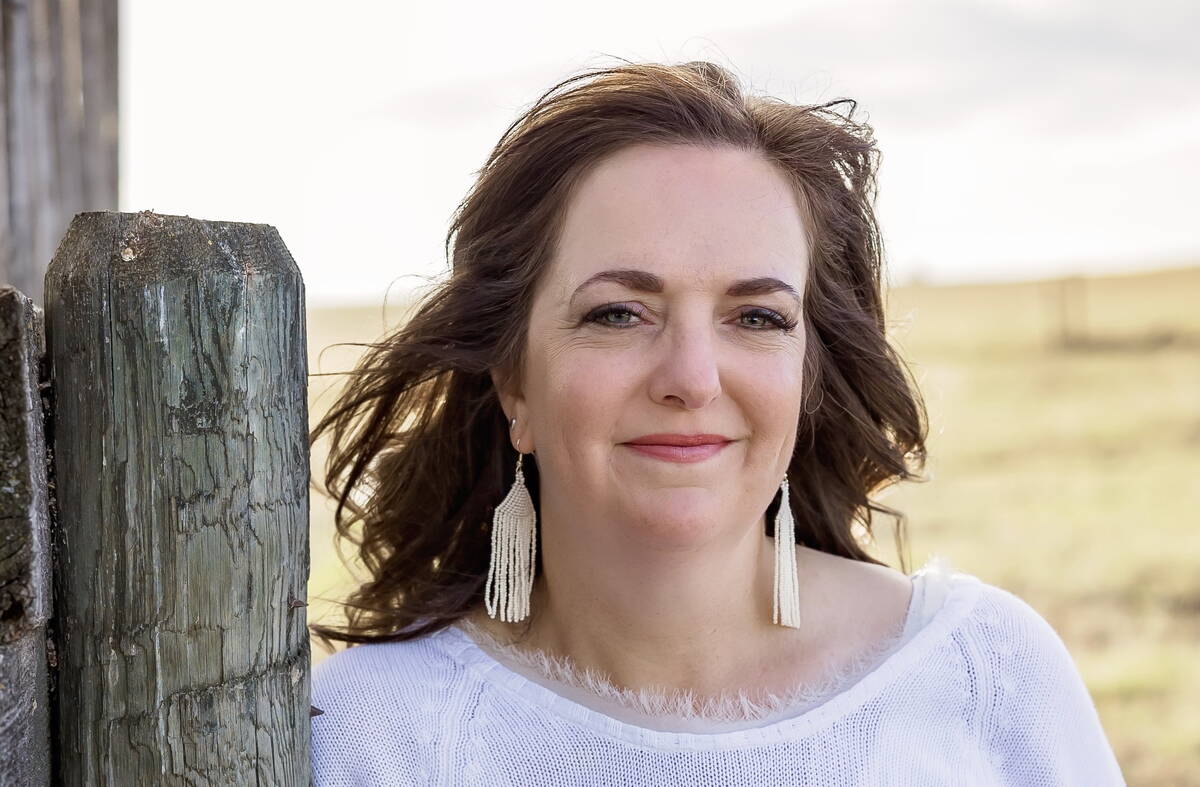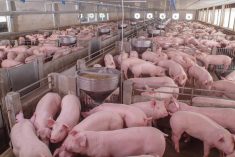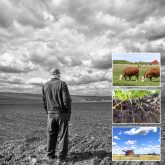Glacier FarmMedia – Responsible Grain had a short life.
The controversial code of practice, unveiled in 2020, only lasted about 18 months. It was designed to “allow Canadian grain farmers to demonstrate their care and commitment to the environment,” according to one document from the initiative.
It was also touted as a tool that could improve market access for Canadian grains and build trust with consumers.
Read Also

Canadian Cattle Association names Brocklebank CEO
Andrea Brocklebank will take over as chief executive officer of the Canadian Cattle Association effective March 1.
There was one problem. Most producers were hostile to Responsible Grain.
“It really boils down to ‘why is this code needed’?” said Manitoba grain farmer Gunter Jochum in 2021. “Whose idea was it that we actually need this code … and please show me one jurisdiction in the world that has a code which gives them a benefit as far as international trade is concerned.”
Why it matters: Producers are increasingly facing pressure to prove the sustainability of their day-to-day operations.
The Canadian Roundtable for Sustainable Crops, the group behind Responsible Grain, heard similar criticisms from many farmers.
The roundtable, which comprises crop associations, grain exporters and crop science companies, listened to the complaints and abandoned Responsible Grain
Sometime this year, it will unveil a new approach for sustainable crops, called Foundations of Sustainable Crop Production.
“We were told very plainly by the farmers that they weren’t looking for an assurance protocol,” said Susie Miller, the roundtable’s executive director.
“One of the concerns that farmers have is they only get grief. They don’t get credit for all of the changes they have made over time.”
Last winter, the roundtable invited 37 crop associations to a Zoom call where they drafted a list of farm practices that relate to sustainability.
“The practices are the sustainable practices that farmers are using,” Miller said.
The roundtable is using that list of about 25 practices to develop communication products for crop associations and Canada’s grain industry.
“It is quite an evolution from the original Responsible Grain draft code of practice, but it does capture a significant portion of those practices … albeit in a much less prescriptive way,” she said, adding this isn’t about persuading farmers to alter their practices.
“In terms of Foundations of Sustainable Crop Production being a change agent … that is not what the CSRC is undertaking to do.”
What is it trying to do?
Miller used the example of 4R nutrient management — using fertilizer at the right rate, rate time, right source and right place — to explain how the new approach will work.
Farmers won’t be required to use 4R, but Canadians and grain buyers will be informed about the practice.
“We’re not saying we all use 4R. We’re not saying you must use 4R. We’re saying 4R is good, that it is sustainable … and that our farmers are doing this.”
The roundtable is working on metrics so that it has data on the environmental benefits of 4R and the amount of farmland where 4R is employed.
“Rather than saying these are good practices that farmers do, we say these are good practices that farmers do … and this is the outcome that results from that practice,” Miller said.
Roundtable leaders will be creating communication materials around sustainability, which provincial and national crop associations and other members can use.
While Foundations of Sustainable Crop Production appears to be a campaign to promote the sustainability of current practices, such as conservation tillage, crop rotation and nutrient management, Miller said it’s more complex.
“I would hesitate to characterize it as just a communications (program), because it does set out the types of practices … (that) are used for certification,” she said.
“It is not an attestation for an individual farm, but it can be seen as an attestation for the country as a whole.”
Canadian farmers have a good story to tell around sustainability, and sharing that story has value, Miller added.
“It’s important to maintain grain markets in Canada and around the world, and it’s important to have other Canadians know and understand.”
The roundtable plans to launch its communication products this fall.
– Robert Arnason is a reporter for The Western Producer.


















